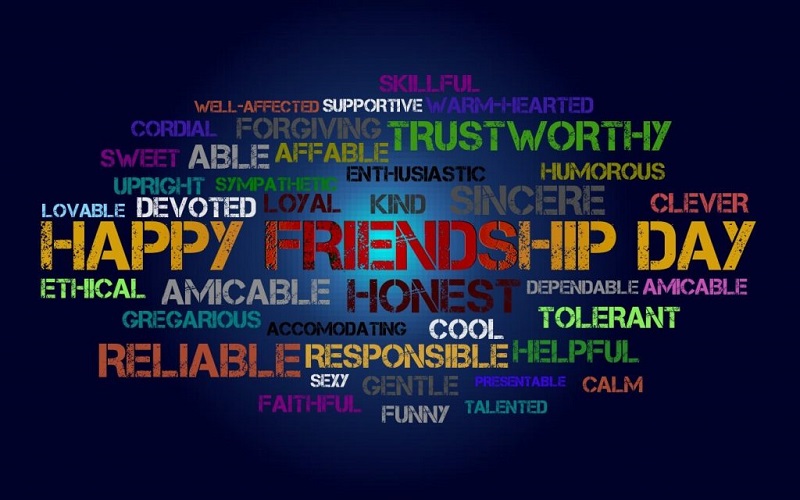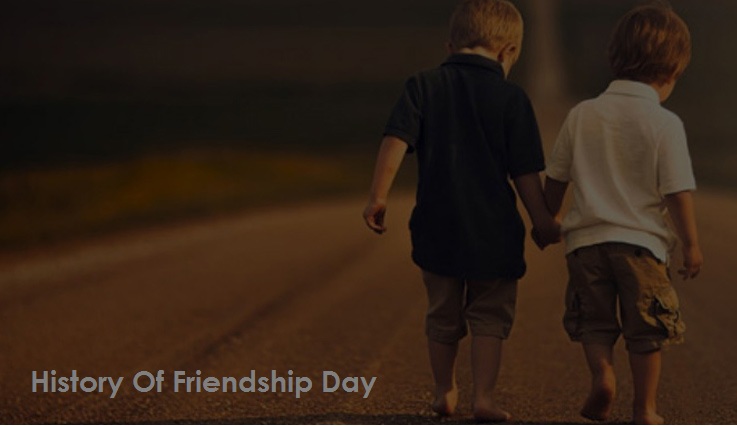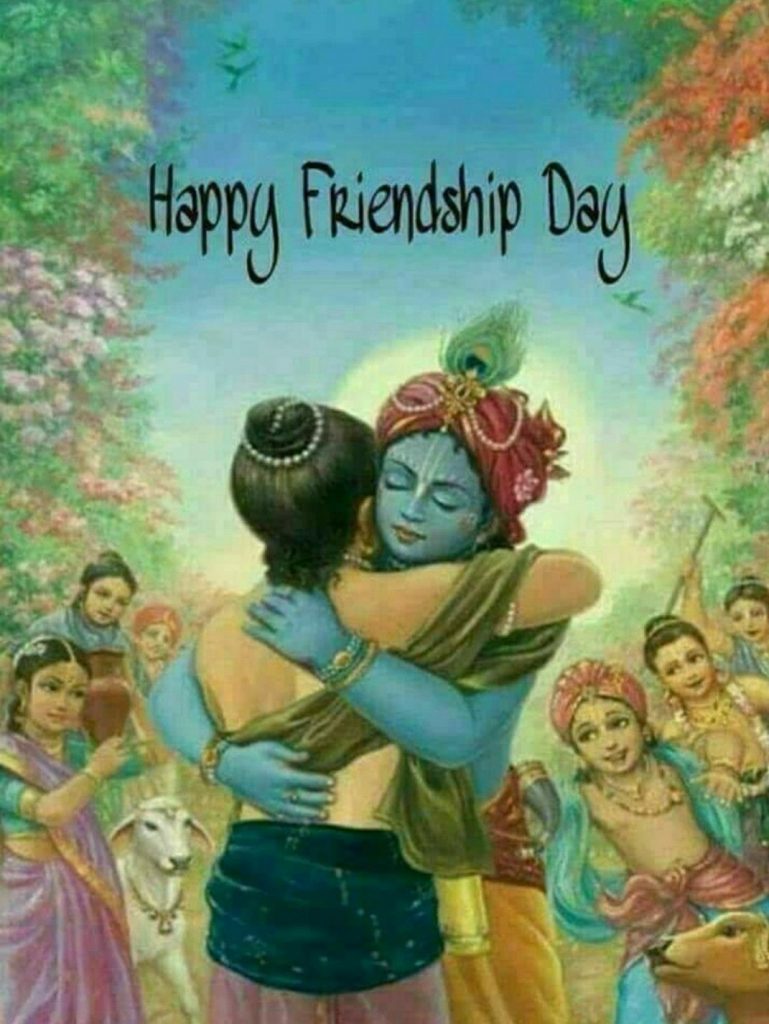There is not much know-how on the history of Friendship Day, which is celebrated all over the world on the first Sunday of August every year. On the other hand, there are several instances and a plethora of folktales in mythological legends that depict that friendship and friends have been appreciated since the dawn of mankind. As an intrinsically social animal, mankind loves to make friends to enhance socialization.
Joyce Hall was the one who initially suggested the idea of celebrating Friendship Day in Paraguay in the year 1958. It was a holiday that celebrated friendships all across the world through the medium of a common celebration. The ceremony was initially scheduled to take place on August 2, but owing to the lack of synchronization that exists in the United States, the date has been shifted to August 7.
In 1998, in recognition of Friendship Day, Nane Annan appointed Winnie the Pooh to the position of Ambassador of Friendship for the globe at the United Nations.[source: missing citation] Kathy Lee Gifford served as a co-host for the event, which was jointly organized by the United Nations Department of Public Information and Disney Enterprises
Significance of Friendship Day in the Western Culture
Taking into consideration the precious role friends have in our life it was believed to be a good thing to have a day devoted to friendship and friends. In 1935, the United States Congress announced National Friendship Day as the first Sunday of August. Since that time, the National Friendship Day celebration turned out to be a yearly event. The noble concept of worshiping the wonderful relationship of friendship soon became an immensely popular festival as it caught on with the people.
After the success and popularity of Friendship Day in the US, a number of other nations took on the concept of devoting a day to friends. And now, Friendship Day is celebrated enthusiastically by various nations all over the world.
The United Nations in 1997 named “Winnie–the Pooh” as the Ambassador of Friendship all over the world. As mentioned earlier, there is not much know-how on the history of Friendship Day as we rejoice today.
History Of The International Day Of Friendship
The world as we know it today is a difficult place. As a result of this, the United Nations decided to recognize August 5 as the International Day of Friendship in 2011 so that they could spread awareness about all of the wonderful things that can be found in the world.
However, the International Day of Friendship may trace its roots back almost a hundred years earlier. This day was established by Hallmark in 1919 with the intention of being a time for people to show appreciation for their friendships by sending greeting cards to one another. However, by the year 1940, the market had become saturated, and eventually, it went extinct entirely.
Nevertheless, in 1998 Winnie the Pooh was designated as the world’s Ambassador of Friendship at the United Nations (believe it or not!). Furthermore, in April 2011, the United Nations formally recognized the 30th of July as International Friendship Day, despite the fact that many countries celebrate on the first Sunday of August.
The Bible Speaks
The primary text of the Western culture, the Bible, describes friendship as the connection that makes the stepping stone for trust, human faith, and companionship. The verses mentioned below from the Bible appropriately show the significance of friends:
“Greater love hath no man than this that a man lay down his life for his friends.”
John 15:13-15
“Ask and it will be given to you; seek and you will find; knock and the door will be opened to you.”
Matthew 7:7
Apart from this, there are various tales from the New Testament and the Old Testament about how true friendship is a treasure to uncover and the values of friendship.
The Mahabharata Speaks
Lord Krishna, in the well-known Hindu epic “Mahabharata,” exhibits the various colors of friendship such as romance, affection, protection, brotherhood, intimacy, guidance, and even teasing. Friendship comprises all about these and much more emotions altogether. And hence, the only conclusion that can be drawn from this is that friendship is much more than a single emotion.





